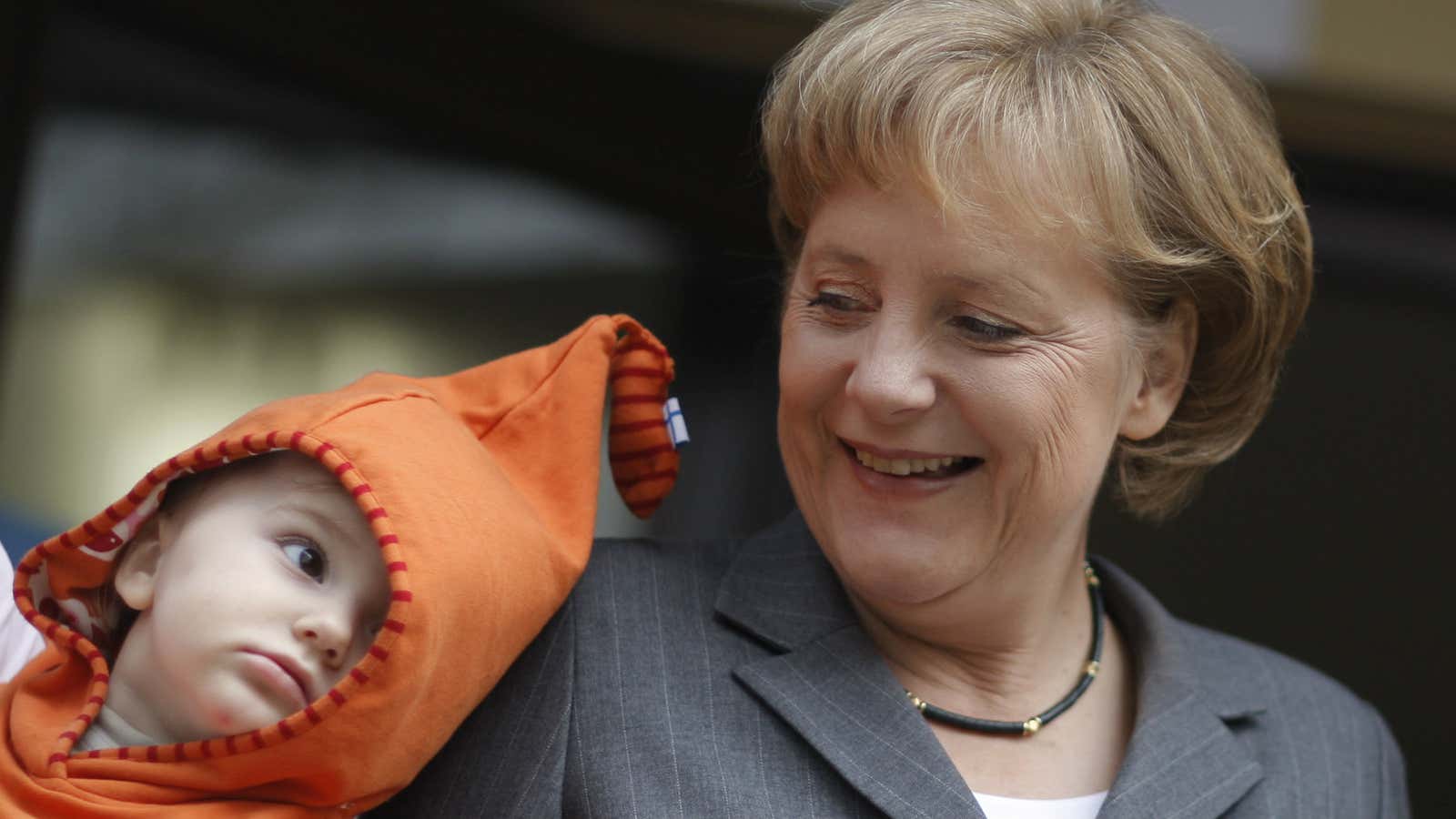For a long time, a country’s power in the international arena was directly tied to its military capabilities. Then came the era of globalization, and the focus switched from military to economic prowess. Suddenly, countries like Germany or Japan could be considered superpowers without having the traditional forces to back it up. Today, a third dimension is increasingly critical to understanding the world’s changing power dynamics. Namely, social cohesion.
Countries typically suffer from two ills in their attempts to wield power: first, they tend to be so busy quelling fires at home that they have limited bandwidth left to project influence abroad; second, they are worn down by the need to fend off external attempts to weaken them. The idea of social cohesion is increasingly critical to understanding both these woes.
Why has the United States been unable to project a coherent foreign policy under the Trump administration? Largely because the US president is so embattled with domestic affairs that external ones have shifted to the back burner. Why has Brazil gone from regional superpower to ghost on the international stage? Mainly because it has been undergoing a multi-year political crisis. Why is South Africa retreating from its role as regional hegemon? Because president Jacob Zuma is busy fighting for his political life.
Compare this to Russian president Vladimir Putin’s ability to commandeer the full force of the Russian nation to masterfully play a weak hand in the Middle East and beyond. Or to Indian prime minister Narendra Modi’s ability to tour the world for business as the representative of an increasingly one-minded India. Not to mention China’s flawless on-message approach to its regional ambitions, which has left virtually no space for external actors to play on internal dissensions.
Not only are leaders with a stable domestic base better able to represent their country internationally, but cohesive societies will also increasingly be better than their more divided peers at fending off incoming attacks. The use of military force may persist, but it has undeniably become the exception rather than the rule in how countries spar with one-another. Instead, unconventional and hybrid strategies have become opponents’ weapon of choice, with cyber-attacks leading among them. And because these attacks are aimed at sowing civil dissention rather than at hurling a full frontal blow, countries with a greater predisposition towards social unity will be far better equipped to resist them going forward.
Take the difference between the US and German reactions to Russia’s electoral meddling. In both cases, Moscow has tried to stir chaos in domestic political campaigns. But while in the divided US the result was that Republicans and Democrats further dug in their partisan heels, in Germany the move broadly backfired by bringing Germans closer together against Russian interference.
The implications of a newfound focus on social cohesion as a key determinant of nations’ power are numerous, but two stand out in particular. From a political perspective, the take-away is that any assessment of who will lead tomorrow’s world—or at the very least, who will fare well in it—should take into account how cohesive countries are, not just how militarily or economically well-endowed they appear. Similarly, leaders hoping to guide their nations towards success should be sure to value and promote domestic satisfaction and harmony alongside materialistic growth and security preparedness—a point one would hope the past few years of popular upheaval have by now made evident.
Second, the rise of social cohesion as a defining characteristic of success or failure in the 21st century carries important lessons for the private sector. If more unified societies are going to be both more assertive internationally and more resilient domestically in years to come, then it follows they will likely also be better commercial bets than their more fragmented neighbors. With this in mind, business leaders should begin looking at a country’s existing and potential level of social cohesiveness when considering new investment decisions.
Just as economic risks have long featured in business strategy checklists, and just as political risks were added to them in the past couple of decades, so should “societal risk” begin featuring prominently in these grids. Looking at guns and balance sheets just won’t be enough to make smart business decisions in coming decades.
